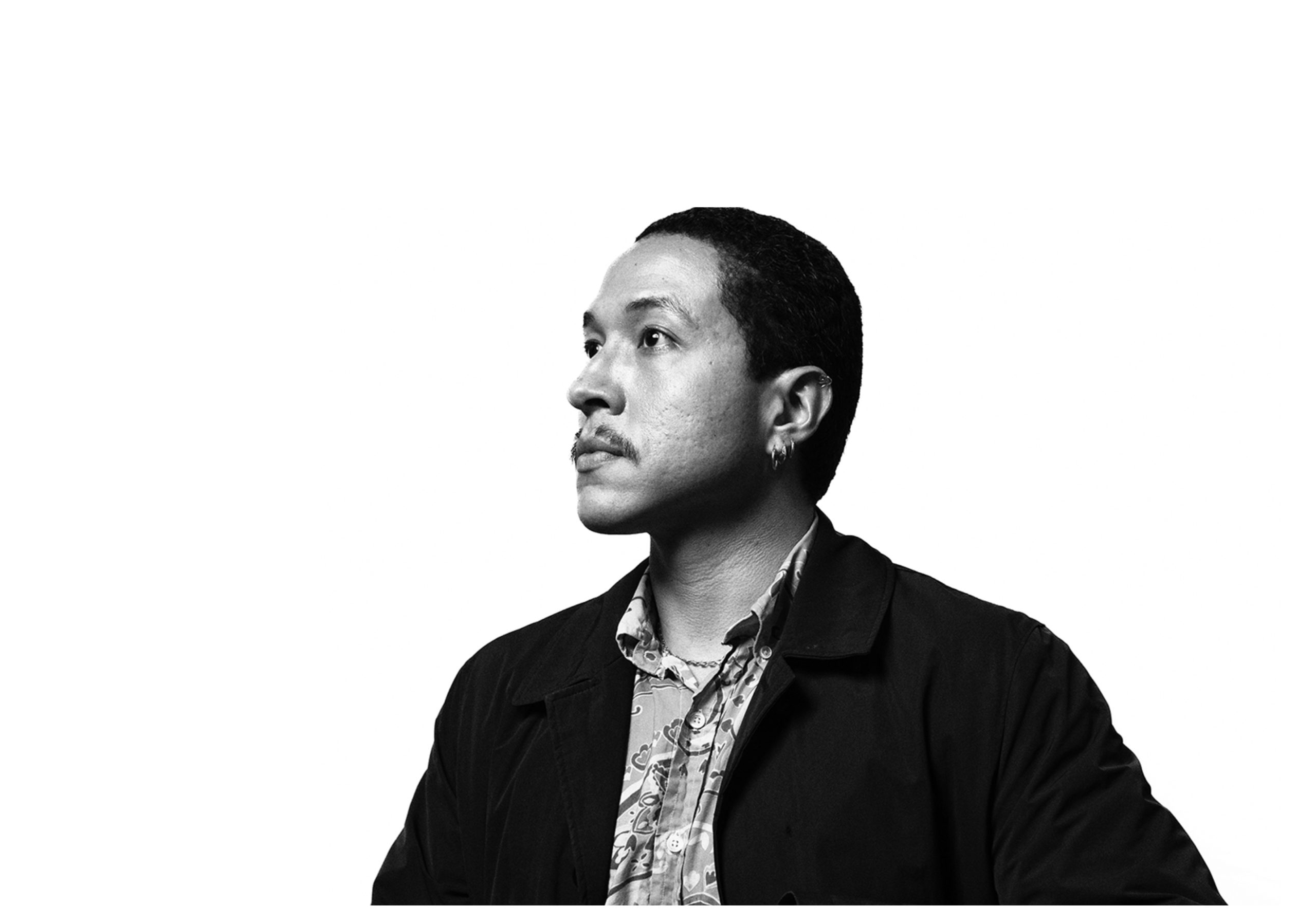‘I feel hurt by what you did the other day!’
‘I felt jealousy about this other person, and I am ashamed to admit it!’
‘I am angry at you for saying these things!’
‘I felt betrayed by you. Now, I am afraid to trust you again!’
When was the last time you expressed any of these emotions to someone else, person to person, while looking them in the eye? Do you remember the uncomfortable and unsettling feeling before, during, and perhaps after? Maybe you do, or maybe you don’t even recall if it happened at all. Perhaps you prefer to avoid confrontation…
I have been reflecting on emotions and their role in the academic environment I am currently in. Ever since I started my academic life in Wageningen, I have encountered a decent number of conflicts and seen them in others as well. I have noticed that unresolved conflicts have three things in common: inflated egos, normalised narcissistic behaviour, and mostly, a disposition not to communicate emotions as experienced.
Unresolved conflicts have three things in common: inflated egos, normalised narcissistic behaviour, and a disposition not to communicate emotions as experienced
Being emotional is frequently perceived as a weakness, but I will dare to say is more about our inability to feel, deal with, and express our emotions. Instead, it is common to see people hiding emotions in the deepest corners of their being which has a snowball effect on their mental health. Does negative overthinking ring a bell?
We all experience life in unique ways, shaping who we are and how we react to our surroundings. Thus, we cannot expect other people to understand our realities if we do not communicate them. Communicating our emotions is as critical as active listening, allowing us to understand each other and hopefully finding common ground for a feasible and just conflict resolution.
I think we could all benefit if we talked more frequently about how we feel, normalizing and validating our emotions in any situation. Let’s talk more about our daily interactions with colleagues, failed experiments, and the frustration this brings, the upsetting feelings after hearing our supervisors say something we did not like, and life in general as it happens.
In a world of great minds, emotions can either be the opportunity which fuels better human interactions or adds fire to great conflicts.
Willy Contreras-Avilés (34) is a second-year PhD candidate in Horticulture and Biochemistry of medicinal cannabis, from Panama. He likes to dance (perrear), cook Italian food, and swim.
More columns:




